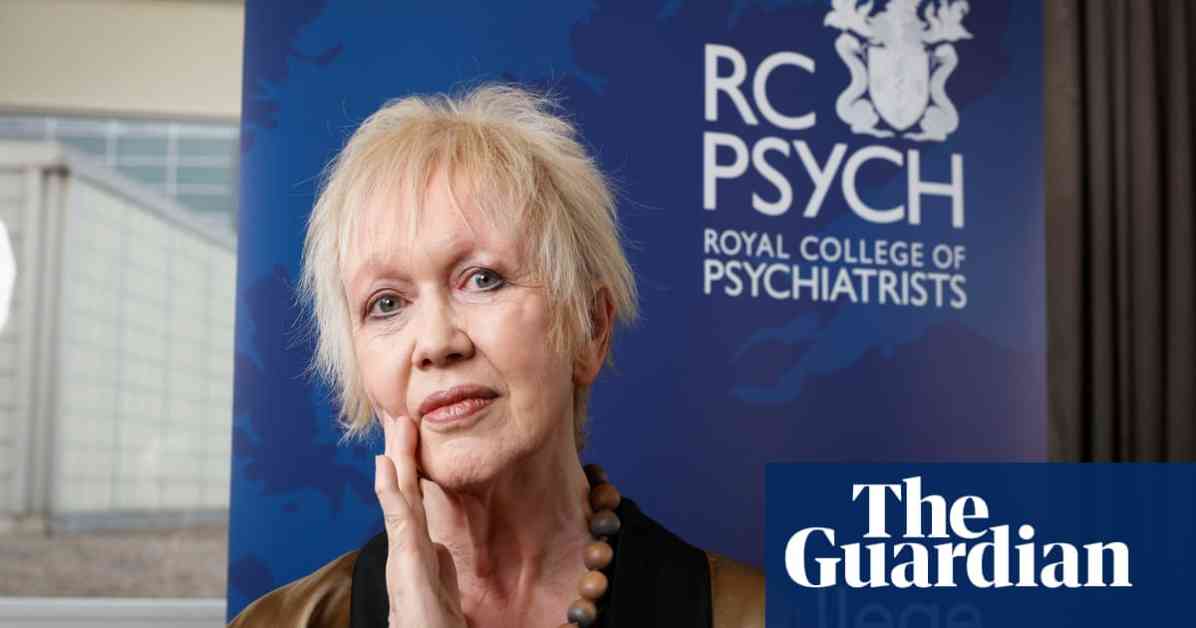Scotland’s health boards have been facing a significant crisis in mental health services due to severe staff shortages, leading to a heavy reliance on locum psychiatrists. The situation has become so dire that health boards are paying exorbitant rates, with some reaching up to £837 an hour for temporary psychiatrists. This has resulted in a total expenditure of over £130m in the past five years across the country.
The Royal College of Psychiatrists and NHS executives have raised alarm about the impact of these shortages on patient care and the overall functioning of mental health services in Scotland. Dr. Jane Morris, chair of the college’s Scottish arm, highlighted that adult psychiatry is particularly affected, with a 25% vacancy rate across the country. The shortage has created a vicious cycle where NHS consultants are under increased pressure, leading to burnout and resignations, further exacerbating the crisis.
A joint investigation by the Guardian and BBC Scotland revealed that annual spending on locum psychiatrists by health boards has nearly doubled in the past five years, reaching close to £35m last year. Some health boards, such as NHS Tayside and NHS Fife, have spent tens of millions of pounds on locums since 2019. The costs associated with hiring locums have put a strain on hospital budgets, with some boards having to redirect funds from other areas to cover these expenses.
One of the major challenges highlighted in the investigation is the quality of locums being hired, with some not fully qualified or members of the Royal College of Psychiatrists. Additionally, some locums provide remote consultations from outside Scotland, which the royal college considers substandard without face-to-face follow-ups. This raises concerns about the standard of care being provided to patients in need of mental health services.
The Scottish government has acknowledged the severity of the situation and has committed to addressing the crisis. They are convening a working group with the Royal College of Psychiatrists and other stakeholders to find solutions to the locum shortage. Additionally, the government is looking into increasing psychiatry training places to attract more professionals to work in Scotland.
However, there are calls for the government to reverse cuts to mental health funding, as the current levels of investment are not sufficient to meet the growing demand for services. Dr. Amanda Cotton, from NHS Borders, emphasized the need for sustained funding to ensure the quality and standards of mental health care are maintained and improved.
In conclusion, the crisis in mental health services in Scotland requires urgent attention and action from all stakeholders involved. The reliance on high-cost locum psychiatrists is not a sustainable solution, and long-term strategies need to be implemented to address the root causes of the staffing shortages. By investing in recruitment, training, and retention of mental health professionals, Scotland can ensure that all patients receive the care and support they need.












